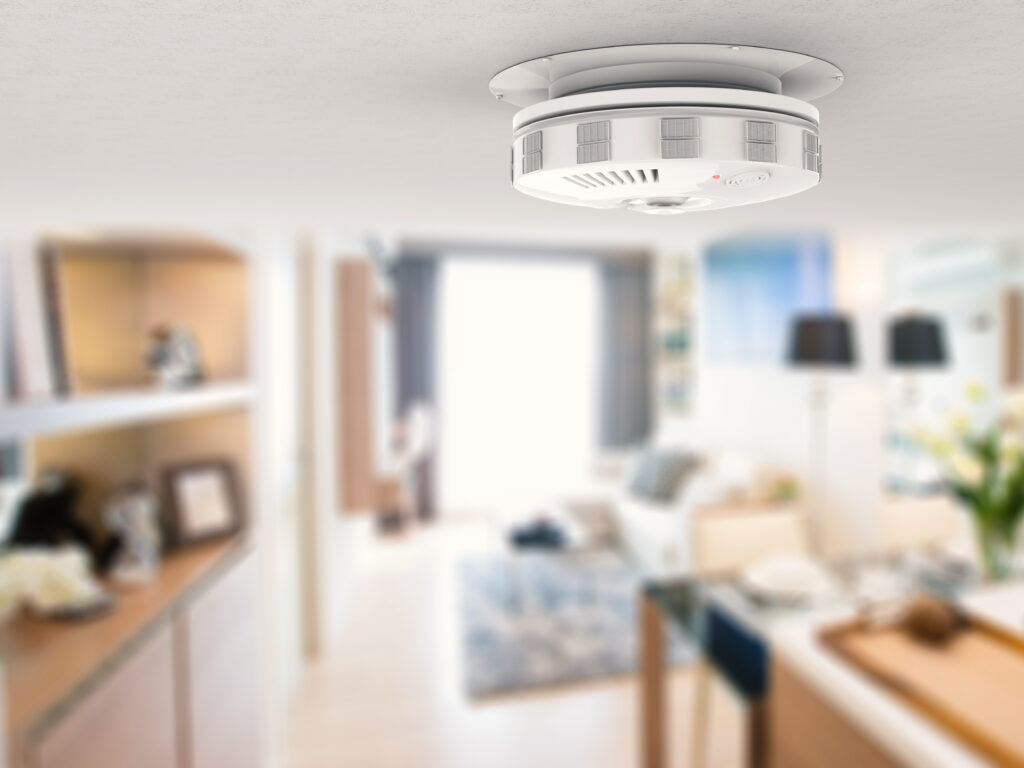Propertymark have recently reported upon the Government’s agreement to make changes to the Smoke and Carbon Monoxide (England) Regulations 2015 which cover the obligations of landlords to their tenants to protect against potential harm from carbon monoxide and fire. In this article, we detail what the Regulations currently require and the changes that will come into force.

At present, under the Regulations, the obligations for smoke alarms are only placed upon landlords in the private rental sector. The changes will see these extended to the social rented sector too, ensuring that tenants renting in this sector have safer living environments. With parliamentary approval now gained, both social and private rented sector (PRS) landlords will now have legal responsibilities under the Regulations.
There are several key changes that will come into force under the amendments to the regulations. We will take each change in turn and highlight the changes will mean.
Installation of Smoke Alarms and Carbon Monoxide Alarms
Currently: The regulations require that private rented sector landlords, as from 1 October 2015, must have at least one smoke alarm installed on every storey of their rental property which is used as living accommodation. They must also have a carbon monoxide alarm in any room used as living accommodation where solid fuel is used.
Changes: Smoke alarms will become mandatory in all social rented homes. Carbon monoxide alarms will be required to be fitted in rooms in social and private rented properties with fixed appliances such as gas boilers or fires.
Carbon Monoxide Alarms with Installation of Heating Appliances
Currently: No requirement for landlords in private or social rented sectors to install carbon monoxide alarms when installing new appliances, such as gas fires and boilers.
Changes: Landlords across both rental sectors must fit carbon monoxide alarms when new appliances such as gas fires or boilers are installed in a property.
Faulty Alarms
Currently: If a tenant finds that their alarm(s) are not in working order at any point during the tenancy, they are advised to arrange the replacement of the batteries or the alarm itself with the landlord.
Changes: Landlords will be required to repair or replace any alarms once they have been informed that they are faulty. The replacement of any batteries in the alarms will remain the responsibility of the tenant during the time that they are living in the property.
In addition, under the changes, the UK Government will also amend the statutory guidance (Approved Document J) supporting Part J of the Building Regulations which relates to where alarms are fitted and to ensure that alarms meet relevant standards.
At present, there is no date given by the Government as to when the changes will come into force with the statement being that changes will be made to the Regulations as soon as parliamentary time allows. The very fact that they are due to be changed, however is enough to give notice to all landlords that changes will need to be made so that when the changes come into force, landlords can be sure that they are compliant.






